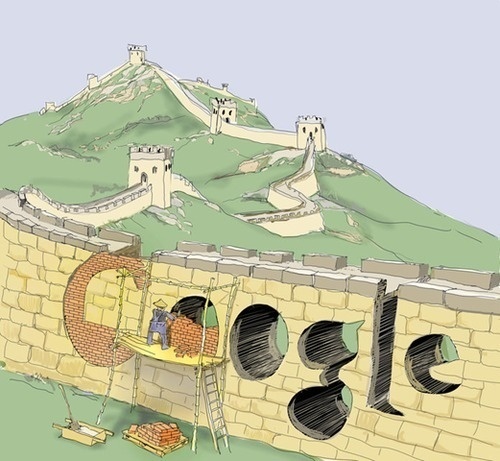
Voice recognition has been in the human imagination since the advent of modern computers. In the early days of personal computers, where computing power started to become stronger and faster, the expectations that humans would be able to speak to computers has come in and out of popularity. Shows like the Jetsons, with talking robots and flying cars only served to cement this idea.
Thirty years later...were getting closer to that dream.
Speech recognition technology has been developing since the early 1970's ,and with every new year the technology becomes a little better.
So much better, that new net apps are popping up such as ShoutOut and Dragon that translate your speech into text messages, so you no longer have to fiddle around on your keypad to send a text. And it keeps on getting better, you can even start surfing the net with your voice .
Let say you want a review on a restaurant on robson. You just lift up your shiny little iPhone and say "yelp dot com sloppy joe's restaurant review Vancouver" and your good to go!
The speech trend has even been moving forwards with a popular Indian social media site called
"Bubbly". Bubble already has over 100 million users and is essentially like Twitter, where users can send a small voice message up to a minute long to subscribers. The end users decides to
 whether or not to accept the message and pays for the airtime of the call if accepted.
whether or not to accept the message and pays for the airtime of the call if accepted.Media Networks in India, such as BBC, are even beginning to sign on to the Social Media site's network and is experimenting with it as a way of disseminating information.
Bubbly monetizes its services by creating a revenue sharing partnership with telecoms and is very lucrative in India where access to a cell phone is much more common then the internet.
So keep your eyes open, this might be your new twitter or facebook.










